FLEMINGTON CENTER
LOCATION: FLEMINGTON, NJ
CLIENT: FLEMINGTON CENTER URBAN RENEWAL, LLC
MARKET SECTOR: REAL ESTATE
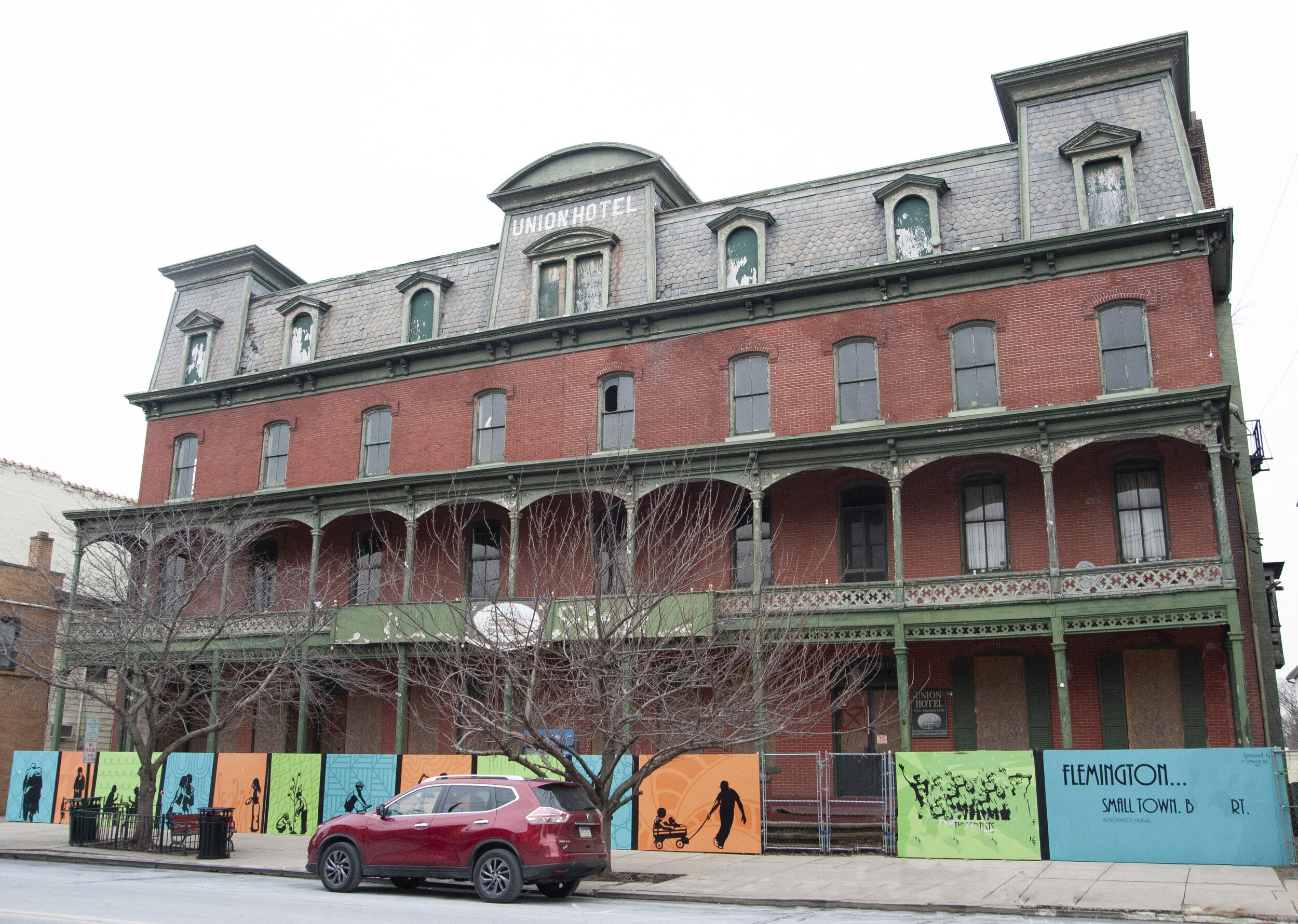

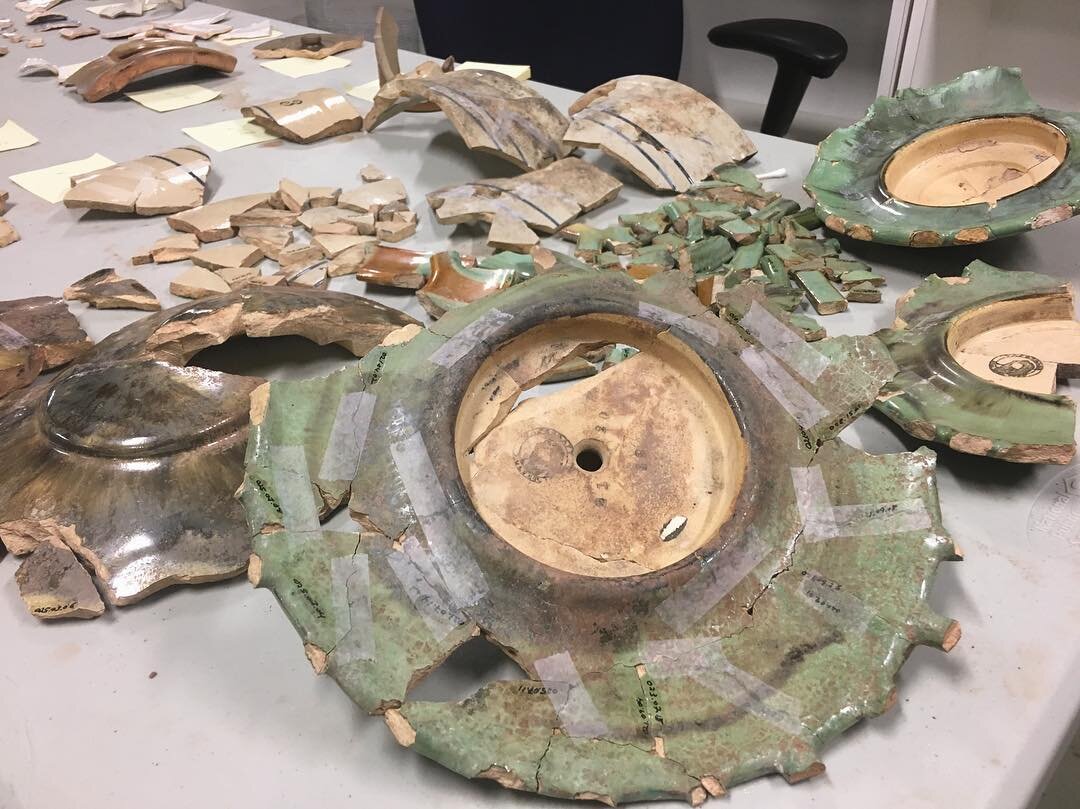
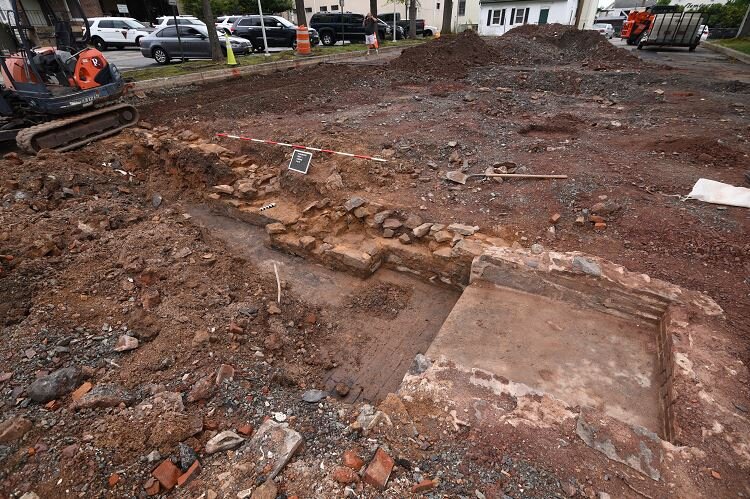
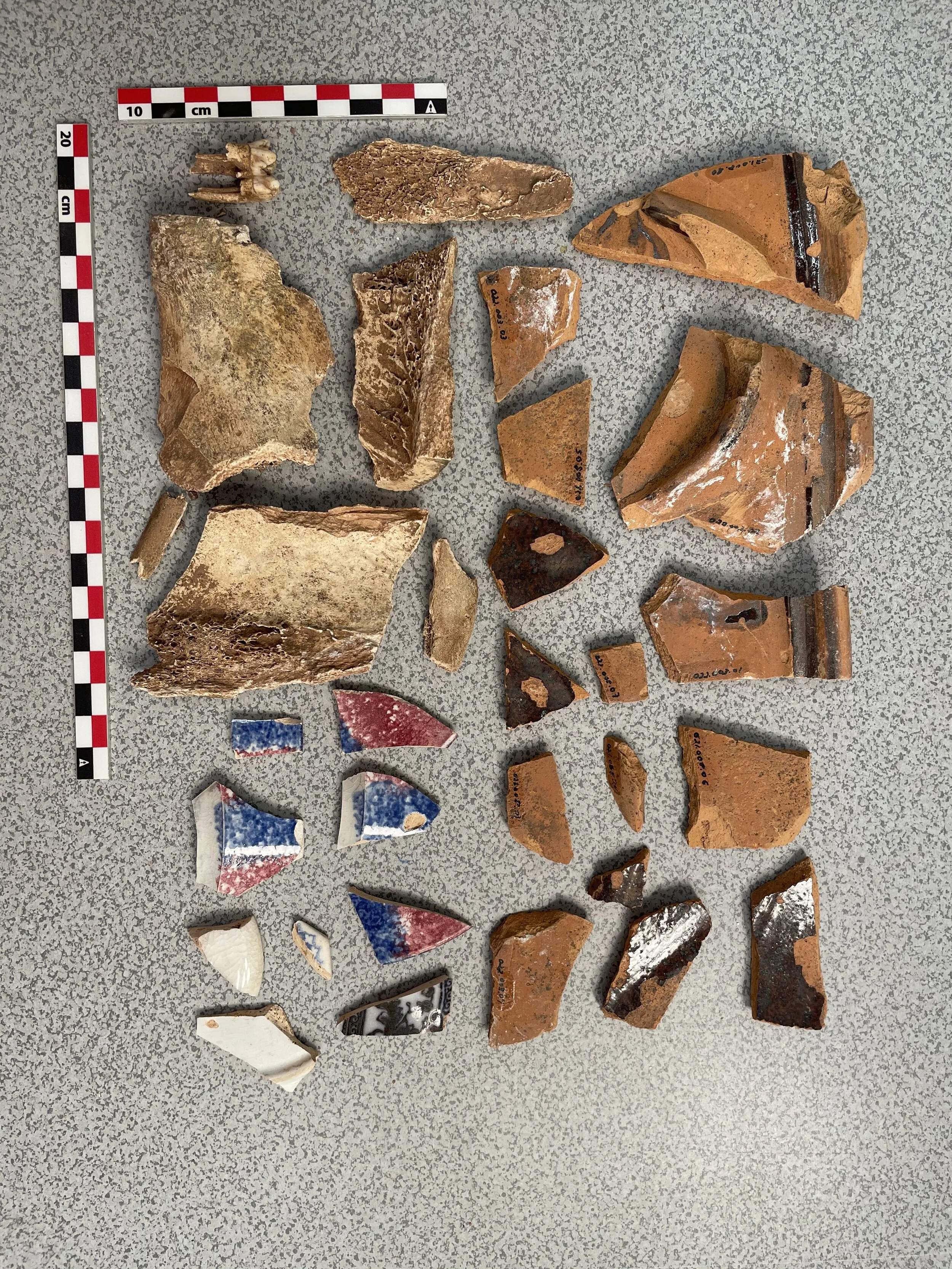
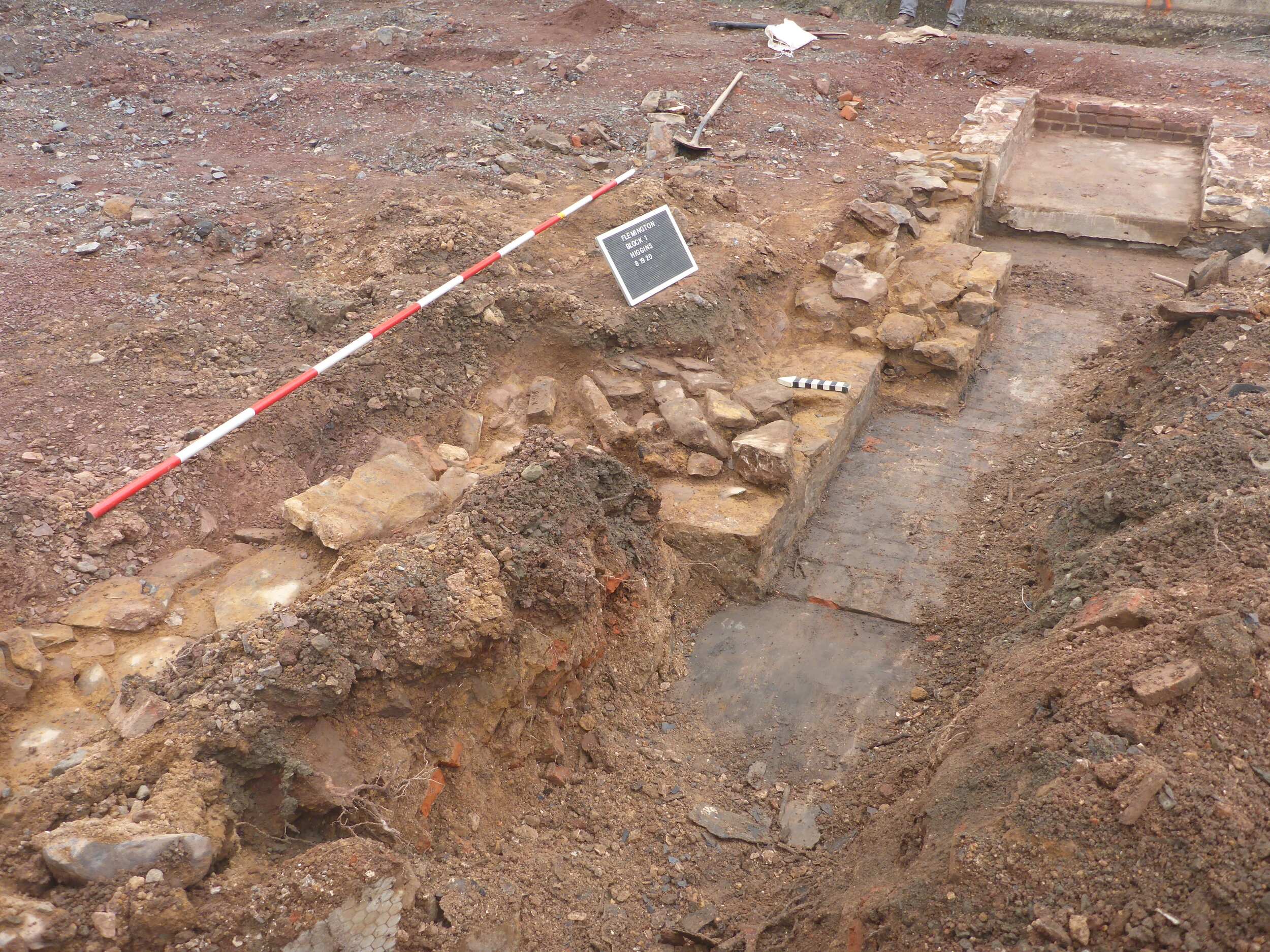
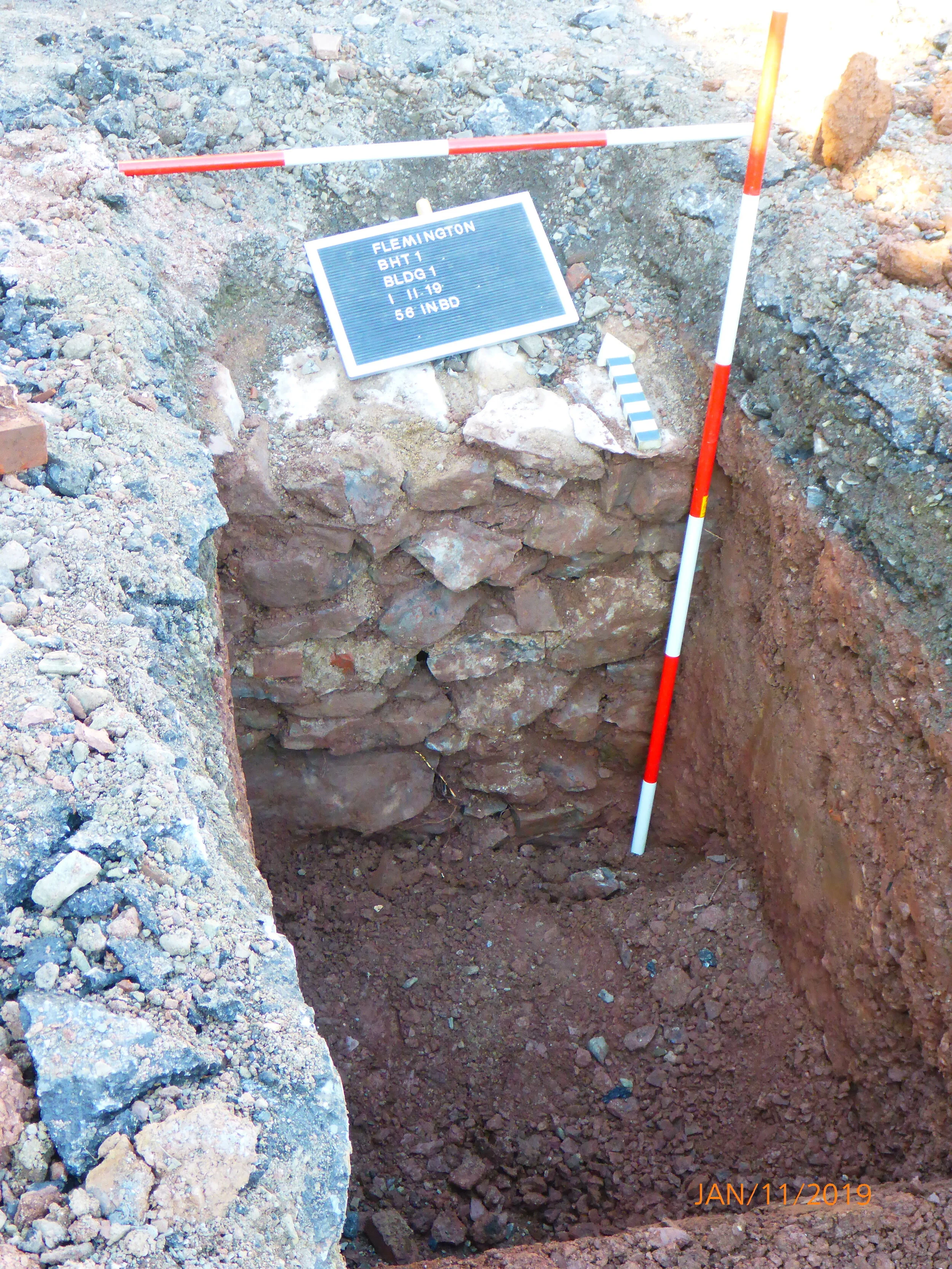
The Borough of Flemington is trying to maintain the town’s historic character while allowing for the renewal of its vital downtown area. For several years, PS&S successfully served as the cultural resource consultant for a significant redevelopment project situated in the Flemington Historic District.
THE OPPORTUNITY
Plans for a mixed-use development project located in the National and State Register-listed Flemington Historic District required a variety of cultural resource investigations and adherence to a strict set of guidelines that were established to protect and preserve the affected buildings to the extent possible.
THE CHALLENGE
The complex and evolving history of a busy downtown district required a thorough analysis to meet the developer’s needs and the NJ Historic Preservation Office, Flemington Borough, and local historic preservation organizations. Each advancing stage of archaeological and architectural investigation required coordination between many stakeholders.
THE PS&S SOLUTION
PS&S performed several phases of archaeological investigation, designed commemorative signage, and provided design review assistance to the project’s architect and engineer to help with New Jersey Historic Preservation Office submissions.
PS&S conducted Historic American Buildings Survey recordation of the historic Union Hotel and Hunterdon County Bank buildings, reviewed architectural designs for historical appropriateness, and prepared reports reviewing and documenting compliance with the state’s historic architectural requirements.
PS&S’s archaeological excavations revealed 19th-century house foundations, a blacksmith’s shop, and deposits of locally produced pottery, furnishing new insights into life in Flemington in the years between the Civil War and the Great Depression and the development of the borough’s now-famous arts and crafts traditions. NJHPO granted PS&S’s final archaeology report an unusually rapid approval, stating that it “provided important information on Flemington’s nineteenth through early twentieth century residential lifeways, domestic consumption, economy, and community development not otherwise available through written records.”
RELATED PROJECTS
DISCIPLINES INVOLVED
